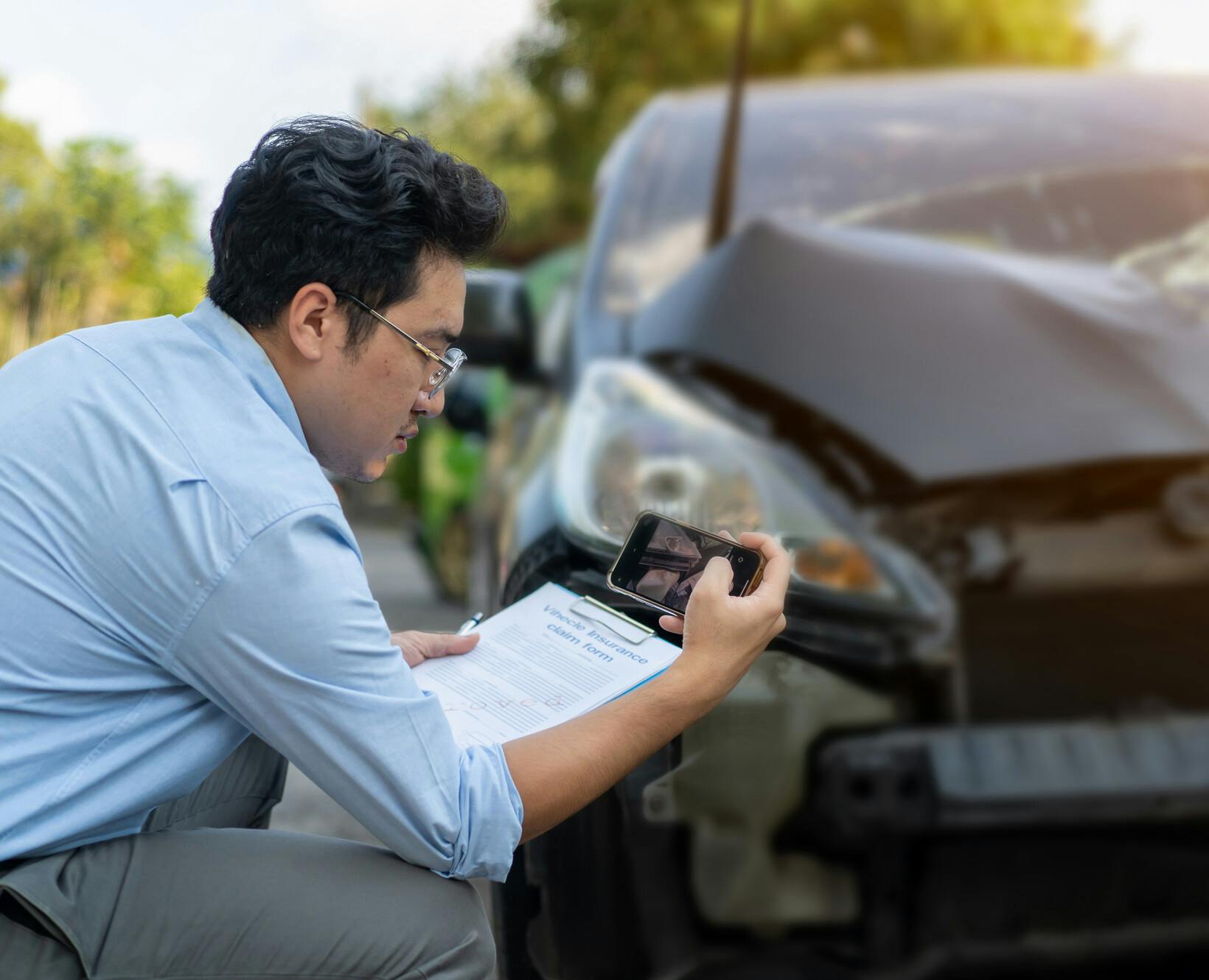If you or a loved one has been injured in a motor vehicle accident, Beausay & Nichols Law Firm in Columbus, OH, will guide you through the legal process to secure the compensation you deserve. Consult our motor vehicle accident lawyers today for free to learn about your rights.
A vehicle accident in Columbus, Ohio, can disrupt your life in an instant, leaving you with injuries, increasing medical bills, and the stress of dealing with insurance companies. In Ohio, you can hold negligent drivers or other responsible parties liable for your accident-related losses, but you must take the appropriate steps to pursue compensation.







